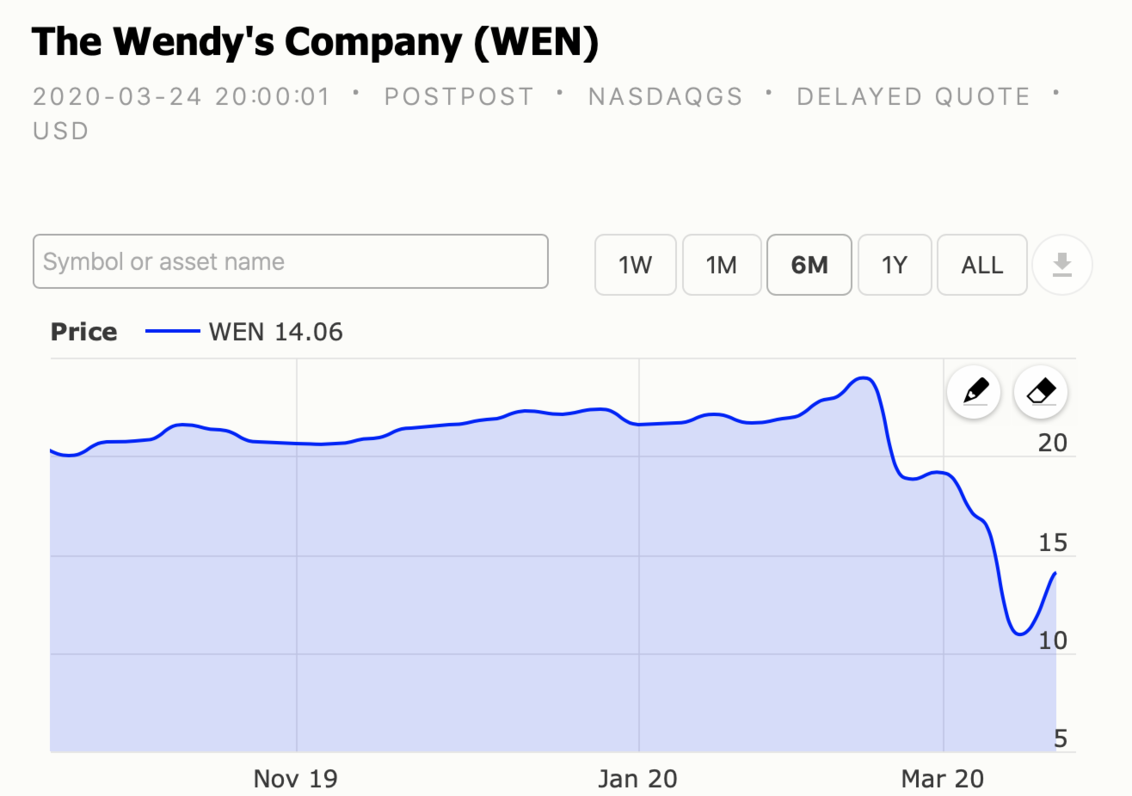What is stock market analysis?
- Posted on June 02, 2020
- Financial Terms
- By Glory

Stock market analysis can be referred to as the evaluation of a single trading instrument, a selected investment sector, or the stock market as a whole. The purpose is to determine the future activity or performance of a trading instrument, an investment sector, or the market.
By analyzing stock prices or the stock market, investors and traders will be able to make well-informed decisions when buying or selling stocks. Analysts evaluate the market by studying and assessing past and current data of the market.
Types of Stock Market Analysis
Basically, there are two types of stock analysis: fundamental analysis and technical analysis. There is also the sentimental analysis that isn’t accepted by all investors yet it is also used by some investors in addition to the other two.
Fundamental Analysis: The primary goal of fundamental analysis is to determine whether a company’s future value accurately reflects in its current stock price. In analyzing the value of a particular stock, fundamental analysis requires the consideration of certain factors such as the current financial situation of the company and the prevailing economic environment. This method may also require the analysts to meet and speak with the management team of the company in view and also assess the performance of the company’s products in the market place.
Based on the findings of the analyst, it may be decided that the stock has good opportunities and its prospects have been underestimated by the market. If the stock value is fully reflected in the price, the analyst may determine the stock to be a “hold” or a “sell.”
Technical Analysis: Technical analysis requires the use of stock charts to assess and determine a company’s stock price. Usually, when assessing a stock’s next move, technicians look for a support level and a resistance level. A support level is the price level at which the stock is likely to find support and may not fall below. While a resistance level is a price level at which the stock may likely be pressured and may not rise.
Generally speaking, technical analysts do not give much attention to the fundamental underlying stock price. Rather, they evaluate recent trading movements and trends in an attempt to determine the next turn for a company’s stock price.
Sentimental Analysis: The sentimental analysis is not a reliable stock analysis method as it attempts to evaluate the market based on the attitudes of investors. However, it can still be considered alongside fundamental or technical analysis. This analysis makes a strong assumption that the stock market has the tendency to disappoint especially when “masses of investors” think that prices are headed in an assumed direction. Sentiment analysts (also known as contrarians) tend to go against the majority view of the market. For example, if the majority market analysts are positive that a stock price would likely go higher, the sentimental analysts may look for the lowest price possible to contradict the high trend of the other analysts.


Be the first to comment!
You must login to comment